
An Illness Difficult To Treat
Delusional disorder is quite hard totreat, due to the fact that those who suffer from it deny it at thesame time, refusing to accept reality. Therefore, when diagnosingthis problem, a doctor needs to be fully aware of the symptoms of thedelusional disorder as well as the common causes of it.
Moreover, usually, there is a physicaldisorder, an illness, for example, which goes hand-in-hand with one'sdelusional disorder. So, one should be on the lookout for this aswell and take both factors in consideration before the treatment.
Delusional disorder is often treatedwith the combination of psychotherapy and medications. However, themain force of the treatment should be the patient's willingness tomake certain changes in his/her perception of life. The doctor needsto establish a bond between him/her and the patient as well ashis/her family in order for the treatment to be a success.Confrontations are out of the question since these can never beproductive. Thus, hospitalization is necessary only if the patient isaggressive or a potential threat to his/her surroundings. So, hometreatment is preferred.
As for the medications, variouscombination may be made, working well for the specific delusionalindividual. Usually antipsychotic and antidepressant medications arecombined. Naturally, psychotherapy is necessary as well, presentingone of the crucial factors regarding successful treatment.
A Successful Treatment of DelusionalDisorder
Treating delusional disorder withmedications may be complicated at times. Namely, sometimes,antypsychotics may work for certain symptoms, failing with others.Moreover, the patient may develop a resistance to certainmedications. Somatic types of delusional disorders are usuallytreated with antidepressants such as SSRIs or clomipramine.
Nevertheless, support throughpsychotherapy can never be neglected, especially not when it comes todelusional disorder. The patients need all the support they can getin order to learn how to manage life better, learning about theirillness and the possible treatment of it. Both the family and thepatients need to know how to deal with this disorder successfullyduring the treatment.
In some cases, cognitive therapeuticapproaches have been proven successful in helping patients changetheir negative thinking and behaving patterns with more positiveones. The patient should never be criticized or misunderstood byothers, since this can only make things worse. Therefore, adequatetherapeutic conditions are necessary for the recovery process to bepossible.
Finally, we need to be positive,encouraging and supportive when treating people with delusionaldisorder.




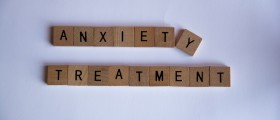
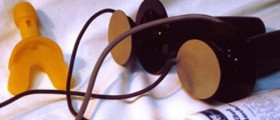


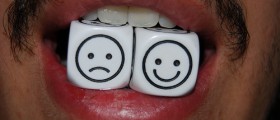




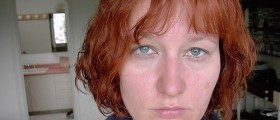

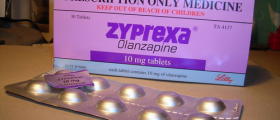

Your thoughts on this
Loading...